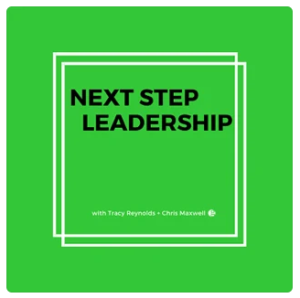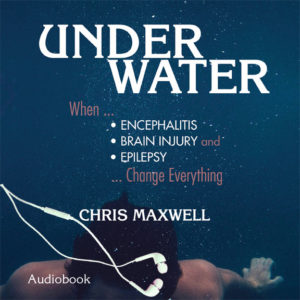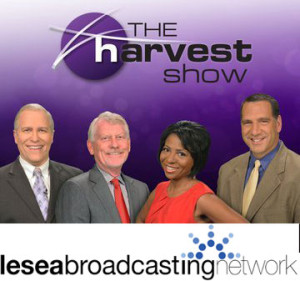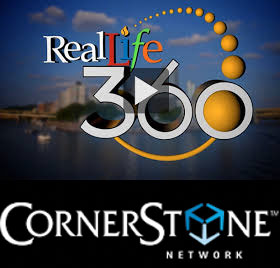From the book Underwater: When Encephalitis, Brain Injury and Epilepsy Change Everything.
“I don’t understand.”
She stated that sentence after listening to my story. As a college student studying to pursue a career in counseling, she wanted to hear my narrative about my illness and my life with epilepsy. She wanted to understand better—moving from books and theory to a face, to a personal story of pain, to application. So I told her of the days and the nights, the forgetting, the fears, the hoping, and the reality. I told her how I think and forget, how I become so exhausted as the brain works desperately to work correctly, how I wonder when a seizure might occur, and how I labor to find hope in the storm. I told her about writing with a rhythmic flow, motioning with a current of water where mental tide is crucial.
She listened well, proving she’s probably pursuing the right career.
But that was her response: “I don’t understand.”
I waited a moment, allowing the silence a place in our conversation. The noise maker continued its rhythm, prohibiting those in nearby rooms from hearing confessions in a counseling center. The sound of a bus driving by caused us both to glance out the window. A door in the room beside my office was opened then closed. Someone in the parking lot tapped to unlock their car.
I wanted to say, “I don’t understand either.”
Instead, I asked, “What do you not understand?”
I didn’t know how she would answer. Did I not explain my situation adequately? Did I over complicate or over simplify? Did my brain fail in an effort to tell a story?
She looked out the window again, then down toward her feet, then slowly stared directly at me. She reached for tissues.
“I don’t understand why anyone would have to go through this.”
Understanding fully isn’t required for life underwater.
Knowledge is important in grasping facts better. Research has been crucial to my own recovery. I’ve hunted information about encephalitis. I’ve chased data about epilepsy. I’ve pursued details about anti-epileptic medication, side-effects, speech therapy, brain chatter, neuroplasticity, and laughter.
Pursuit of information provides results for what and how and when.
Not why.
There is really no answer to that question.
We can know what officially caused certain diseases and disabilities. Many we can’t. We can often know the details. But not the why.
And a big step for me was becoming okay with that. Becoming okay with not knowing, with not understanding. To me, that isn’t a desired outcome.
It is life underwater.
A life I decided to embrace.
A life I recently decided to get to know even better.










Powerful, Chris! My cousin was recently diagnosed with ALS and unless there’s a miracle or miraculous cure, she will slowly become completely paralyzed. There is no answer to why, is there? But you seem to be at peace with no answer. I love how Thomas ‘a Kempis writes about not only “bearing” the cross but “embracing” the cross. You are certainly an example of “The Imitation of Christ”!
Great stuff Pastor Chris. Love you and love the story you’ve decided to embrace.
Chris
Nicely expressed and so relevant. It seems we all suffer in ways unique to us. But when we ask why and God doesn’t answer clearly, it seems that is where trusting in Him in spite of the pain and lack of knowing is what He desires from us. He is a good Father. Thanks again.
Love this!